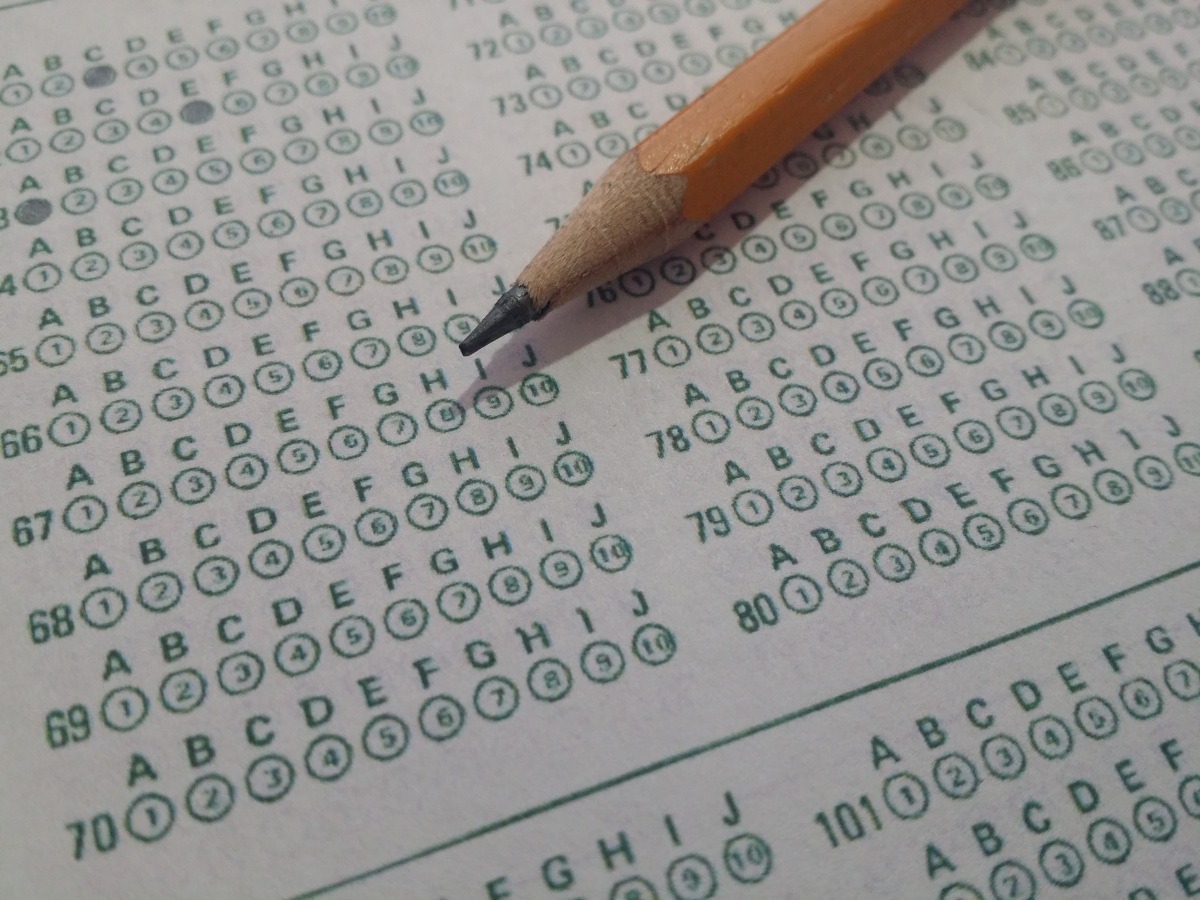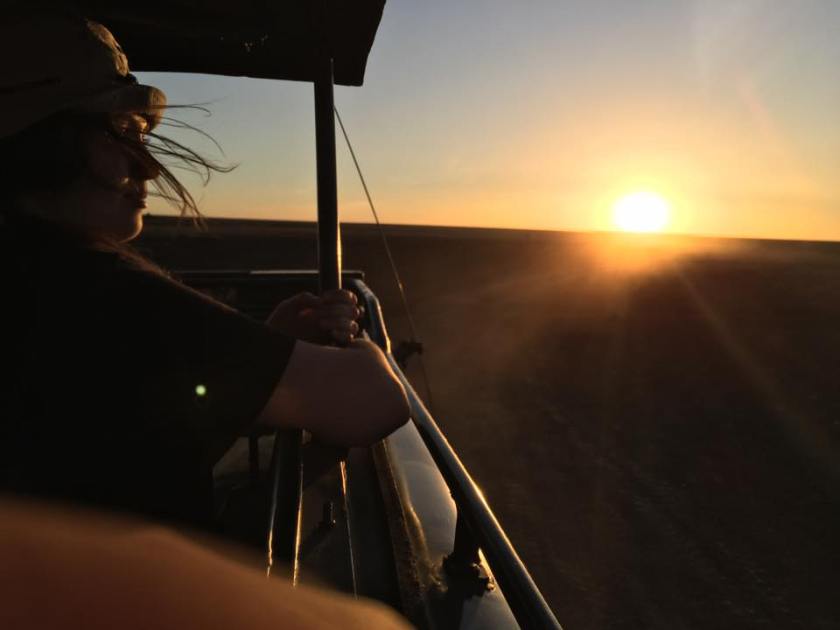I promise that at one point in my life, I really was sane. Between messing information up for edTPA, forgetting about picking up my 13-year old from band practice, and crying more than I ever thought possible- I’m feeling like people think I can’t do this. I’m feeling like I’m failing.
Here is how I feel about teaching:
I hate the public education system.
My love of the content I will teach is not why I want to be an educator.
The idea of not working summers and getting to be with my kids over breaks and holidays is not why I want to teach.
I want a space where for 48 minutes students know they can think their own thoughts and not be ridiculed for it.
I want a space where for 48 minutes those students know the walls around them are stable. They will know what to expect. They will know that there are, in fact, expectations. They will know that for every choice there is a consequence whether it’s good or bad. Those students will KNOW that their teacher will not only know their name but I will try my damndest to say it correctly. They will know that they have a teacher who will show up to basketball games and celebrate their victories and challenge them to be better people than they were the day before.
I want a space where for 48 minutes they practice respect. They learn respect. They earn respect. They will learn each other’s names. They will look each other in the eye. They will know that you do not speak while I am speaking and I will do the same. They will know that you give a fellow classmate your undivided attention while they are speaking- standing in front of the room, sitting down- they will respect the courage it takes to use your words.
I want a space where for 48 minutes they learn that thinking always inside the box is not a good thing and that never being in the box does not give you the whole perspective. For 48 minutes they will learn that words are our power. And if they want power they need words so- open that damn book and read chapter one and don’t you dare not ask what words mean because how will you understand what is in front of you if you don’t ask about what you do not know? For 48 minutes I want a space where they KNOW why we are doing what we are doing because they need to know that thinking critically is important and living your life behind a screen is not living and the willingness to record what’s happening as a bystander and not as a participant is why we are desensitized and can’t even look up to the sky or converse without looking at our phone looking for the next update and upgrade when really all that slick screen is just your downfall…
I want a space where for 48 minutes students understand that apathy and lack of education breeds ignorance and perpetuates hate. For 48 minutes those students will understand that I will try to help them with what they are going through and if I don’t have an answer I will find someone who does. For 48 minutes they will know they are loved. They are supported. They are not alone.
This is why I want to teach.







